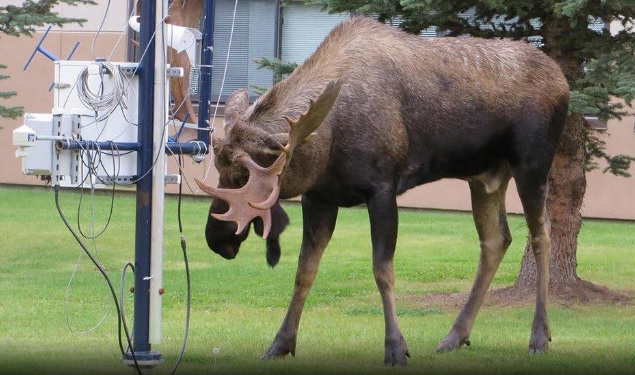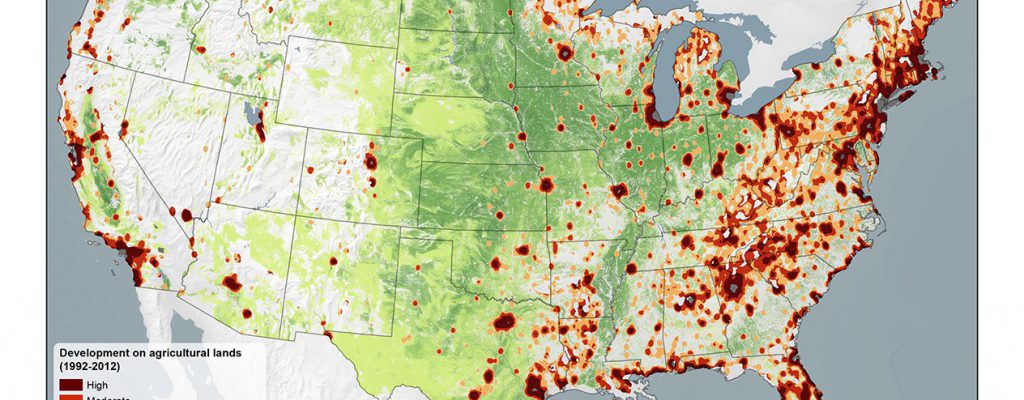-

As the new interim director of the Georgia Weather Network, I’ve already heard some interesting stories about the critters technicians find inside their weather station equipment boxes. Here’s a story from The Weather Channel about some of the even stranger things folks have found at or near weather stations around the country. Be careful when…
Posted in: Climate and Ag in the news -

The latest monthly summary of climate for our region from the Southeast Regional Climate Center is now available. You can view it at https://www.sercc.com/SoutheastRegionMonthlyClimateReportMay2018.pdf.
Posted in: Climate summaries -

For the past 20 years, NASA has provide a great inventory of satellite pictures of the earth available to view through their Worldview app at no charge. You can view volcanic eruptions, floods, and a wealth of climate information through their site. Read more about it at EarthSky at https://earthsky.org/earth/explore-20-years-earth-data-satellite-nasa.
-

At last we are seeing some dry days in the Southeast, and I am sure that farmers are working overtime to catch up on work as soon as they can get into their fields. Here are a couple more stories about rain impacts on crops from Southeast Farm Press, Vegetable and Specialty Crop News and Southeast…
-

A new study in Nature this week showed results of research on the forward speed of hurricanes and how it has changed over time. A rough rule of thumb for the amount of rain dropped by a tropical system is to take 100 and divide it by the forward speed in miles per hour to…
-

According to the monthly summary for the US for May 2018, released today by NOAA, this past May was the warmest on record for the lower 48 states, beating the previous record from 1934 by more than half a degree. The warm temperatures were especially driven by warm nighttime temperatures. It was the wettest May…
Posted in: Climate summaries -

Every year a little more farmland is converted to development. In some areas, the conversion is a bit more rapid. This map from Modern Farmer shows how much land has been converted from farmland to urban uses between 1992 and 2012. Note how much of the Southeast is being converted, especially in areas surrounding big…
Posted in: Climate and Ag in the news